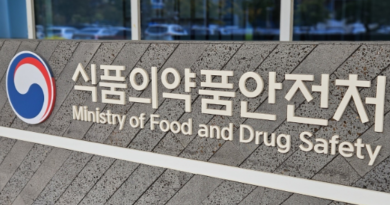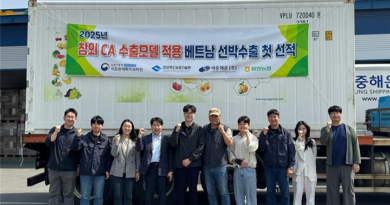Mycoplasma pneumonia, Korea Disease Control and Prevention Agency begin to be disseminated the treatment guidelines…Natural healing is also possible

With an increasing number of pediatric patients affected by Mycoplasma pneumonia, relevant government bodies and experts initiated the dissemination of clinical guidelines for on-site medical care.
On the 6th, the Korea Disease Control and Prevention Agency (KDCA) held a joint inspection meeting regarding Mycoplasma pneumoniae infection. Representatives from the Ministry of Health and Welfare, the Ministry of Food and Drug Safety, as well as experts from the Korean Society of Pediatric Infectious Diseases, the Korean Academy of Pediatric Allergy and Respiratory Disease, the Korean Society for Laboratory Medicine, and the Korean Hospital Pharmacists Association attended the meeting to review Mycoplasma pneumonia.
Experts conveyed that “there’s no need to overly fear Mycoplasma pneumonia infection as effective treatment methods are already well-known.” Additionally, they emphasized that “Mycoplasma pneumonia is not a newly imported infectious disease from China and can generally be treated with antibiotics.”
According to the KDCA, out of approximately 300,000 respiratory samples collected from five private testing facilities, 3,423 tested positive for Mycoplasma pneumonia, with 51.7% of them showing resistance to macrolide antibiotics. As a result, experts explained the necessity to expand treatment guidelines and standards for antibiotic-resistant patients, particularly those in severe conditions.
Choi Eun-hwa, Director of Seoul National University Children’s Hospital, added, “Pneumonia can sometimes heal naturally without medication and can also be treated on an outpatient basis.” She further commented, “For pneumonia that doesn’t respond to initial antibiotics, referring to the 2019 guidelines for severe pediatric macrolide-resistant pneumonia, we can opt for secondary treatments.”
Director Ji Young-mi emphasized, “Long-term exposure to the COVID-19 pandemic has weakened immunity against other respiratory infections.” She stressed the need for thorough preparation considering the relaxation of adherence to personal hygiene rules and the winter season.
The Disease Control and Prevention Agency plans to share patient occurrence data with the medical community and related departments, intending to disseminate clinical guidelines for use in clinical settings. According to the agency, Mycoplasma pneumoniae infection, caused by Mycoplasma pneumoniae, accounts for 10-30% of all pneumonia cases.
Moreover, it is recognized as a significant cause of pneumonia in school-age children and young adults. Incidents of Mycoplasma pneumonia infections have increased domestically since September this year. Over the last four weeks, hospitalizations have surged by 1.6 times, primarily among children under 12 years old (80.7%).
Editor . James








